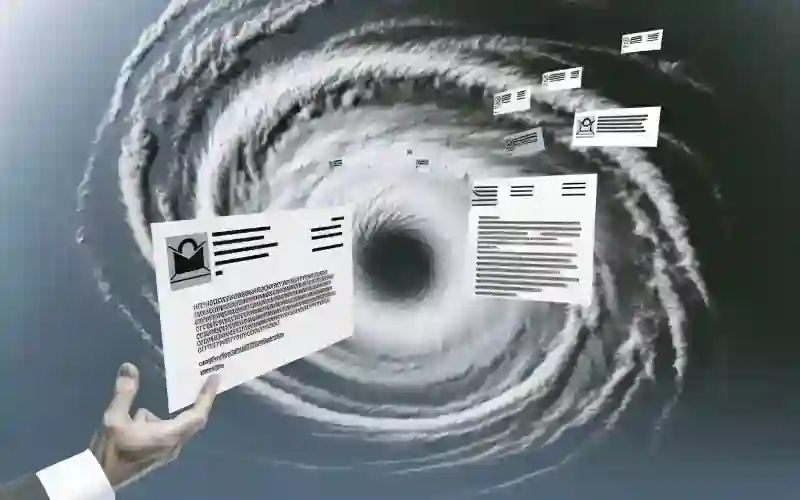
“Alert: Beware of Fake Hurricane Help Emails from ‘Herbando Co Planning & Zoning Commission’ Ending in @USA.COM – Do Not Open!”
Hurricane Help Phishing Alert: Beware of Fake Emails Claiming to Be From Hernando County Planning & Zoning Commission Ending with @USA.COM
In the wake of recent hurricanes, communities are pulling together to rebuild and recover, a time when the best of human spirit often shines through. However, it’s also a prime time for less scrupulous characters to take advantage of those in need or those looking to help. A concerning trend has emerged involving phishing emails that cleverly disguise themselves as legitimate communications from local authorities. Specifically, residents and helpers need to be wary of emails claiming to be from the Hernando County Planning & Zoning Commission, particularly those ending with @USA.COM.
Imagine, amidst the chaos of trying to restore your home and community, receiving an email that appears to be a lifeline: perhaps an offer for free planning support or a grant for damaged property. The sender claims to represent the Hernando County Planning & Zoning Commission. It’s an official enough title to sound believable, especially when you’re desperate for any assistance. This is exactly the scenario that some have faced, only to find out they’ve been tricked after it’s too late.
The first red flag that something is amiss comes from the email address itself. Official emails from government entities in the United States typically end in .gov or .us, not .com. This might seem like a small detail, but it’s a crucial identifier of authenticity. The use of @USA.COM is a clever mimicry designed to give a veneer of legitimacy at just a glance – which is often all it takes for busy or distressed individuals to miss the deception.
These phishing attempts are not just benign misrepresentations; they can have serious consequences. Clicking on links within these emails can install malware on your computer, compromising personal information and security. Worse still, some of these emails ask directly for sensitive information under the guise of verifying your eligibility for disaster relief or building permits. The information collected is then used for identity theft, compounding the victims’ hurricane woes with financial fraud and privacy violations.
It’s distressing to think that there are those who look at a natural disaster as an opportunity to exploit individuals when they are most vulnerable. The emotional toll of dealing with the aftermath of a hurricane makes it easier for scammers to manipulate emotions and create a sense of urgency that clouds judgment. This tactic is particularly insidious because it not only harms the immediate victims but also potentially undermines the trust in legitimate relief efforts.
To protect yourself and your community, it’s vital to stay informed about these phishing tactics and approach unsolicited communications with skepticism. Always verify the source before responding to any requests for personal information. Contact the supposed agency directly using contact information from their official website rather than any contact details provided in a suspicious email. Furthermore, spreading awareness can help inoculate your community against these digital predators.
In times of disaster, our instinct is to help and be helped, making it all the more important to ensure that this goodwill isn’t tainted by fear of exploitation. By staying vigilant and informed, communities can continue to support each other without falling prey to those looking to capitalize on catastrophe. Remember, in the digital age, not all help that comes knocking is there to help; some knocks are meant to break down more than just your door.














